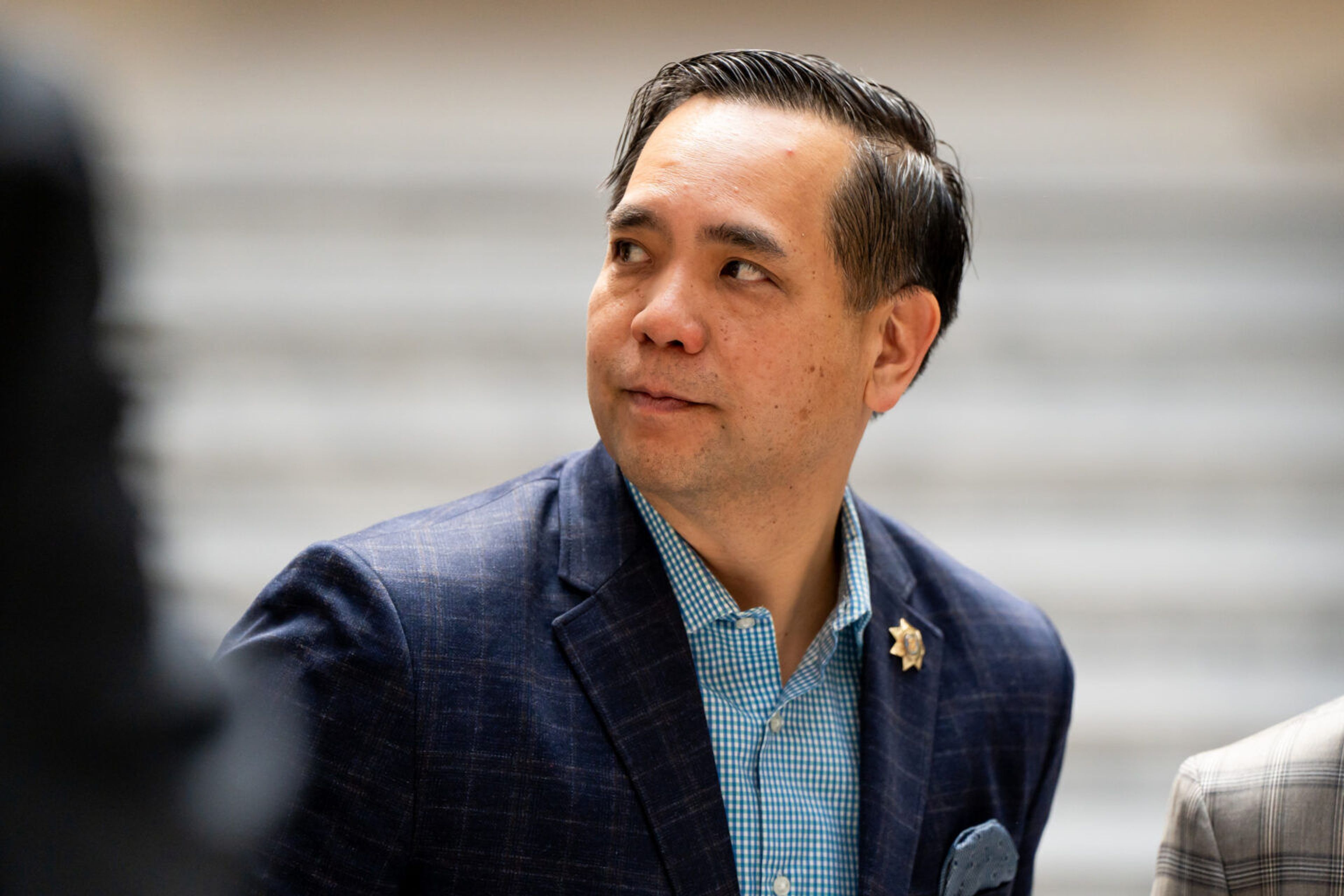Attorneys representing the Idaho House of Representatives take aim at other state entities in their response to a lawsuit over budget bills that tanked a planned sale of the Idaho Transportation Department campus.
The case now has three responses to the lawsuit on behalf of the state, each of which takes a different approach.
Attorneys Mark Hilty and Daniel Bower of the Nampa firm Hilty, Bower, Haws & Seable filed Wednesday.
House Speaker Mike Moyle on behalf of the House intervened in the case, in which the highest bidders in the planned sale of the State Street property are alleging the Legislature violated the state constitution’s single-subject rule.
Hilty and Bower wrote to the State Supreme Court that the law doesn’t violate the single-subject rule because the intent language revoking the sale is appropriately related to the budget by creating requirements for how money can and cannot be used.
They also argue that the state’s offer of sale wasn’t valid because they contend that the Idaho Transportation Board didn’t properly follow state law that dictates how surplus property can be disposed of.
The group of developers who sought to buy the property — Hawkins Companies, the Pacific Companies, and FJ Management — sued the Department of Administration, the Idaho Transportation Department and Idaho Board of Examiners over the budgets for the two state agencies.
The hotly contested budget bills included intent language that revoked a planned surplus sale of the ITD’s vacant campus to the developers, who had been the highest bidders.
Moyle asked the court to intervene in the case with outside lawyers.
Idaho Attorney General Raúl Labrador’s office filed a response on behalf of the Board of Examiners and the state, and Boise-based private attorney Joan Callahan responded on behalf of the two state agencies.
Gov. Brad Little requested the outside attorney for those departments.
The attorney general’s response doesn’t take up the constitutionality challenge but argues that the developers lack standing to bring the case, and say that the court can’t force the state to go through with a sale when there was no signed contract.
The attorney for the administration and transportation departments also argues the developers lack standing, but said the agencies would like guidance on the question of constitutionality.
“Without such a determination, respondents are left to contend with uncertain, incongruous, and revolving legal mandates,” Callahan wrote.
The newest filing from Moyle’s attorneys takes issue with this stance from the state agencies.
“Such answer and brief, filed May 22, 2024, cannot in any way be characterized as a defense to this action, and the House is disturbed by what appear to be attempts in the executive branch to deprive the State of a defense in this case,” the attorneys wrote.
The House also objected to the removal of Labrador’s office from defending the agencies, according to the filings.
Little made the move around the time that Labrador’s office filed on behalf of the board of examiners without official approval from the board.
Labrador’s office later said that the office filed the brief while staying in contact with staff from the board.
Moyle’s lawyers underscored another recent case in which both sides of a constitutional challenge to a law seemed to substantively agree.
Last year, the State Athletic Commission sued the Office of Administrative Rules over a law the Legislature passed that changed the administrative rule-making process, the Idaho Press reported.
The two sides largely agreed with each other in court filings. The Legislature later learned about the case and intervened to defend the law.
“This Court does not exist to provide direction,” the attorneys wrote regarding these two cases.
The attorneys also argue that the state transportation board didn’t follow the law known as the surplus statute, saying that the board didn’t seem to adequately show that the campus “is not needed or is unsuitable” as is required for surplussing property.
The main building on the campus has been vacant since a flood in 2022.
“In an introductory clause, the ITD Board observed that a single building was damaged and required renovation,” the attorneys wrote. “That is not the same as saying an entire 44-acre property is not needed or is unsuitable.”
During debate over the budget in the 2024 legislative session, Senate Pro Tem Chuck Winder was strongly opposed to backing out of the sale.
Winder, who previously was chairperson of the transportation board, argued that the board followed all the correct procedures and it would damage the state’s reputation to reverse course. He also argued that a policy change on how to deal with surplus property should be done through a germane committee and not through a budget.
Little also expressed concern that the move created a conflict with the surplus statute. He let the bills go into law without his signature because of his concerns.
The developers are asking the court to declare the budgets, or at least the intent language, unconstitutional and compel the state to go through with the deal as planned.
No hearing has been scheduled yet but one will likely take place in late August.
Guido covers Idaho politics for the Lewiston Tribune, Moscow-Pullman Daily News and Idaho Press of Nampa. She may be contacted at lguido@idahopress.com and can be found on X @EyeOnBoiseGuido.









